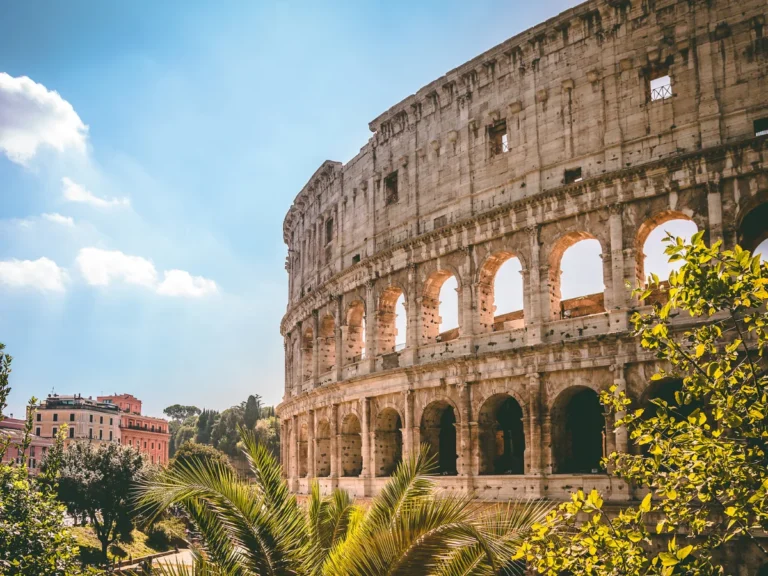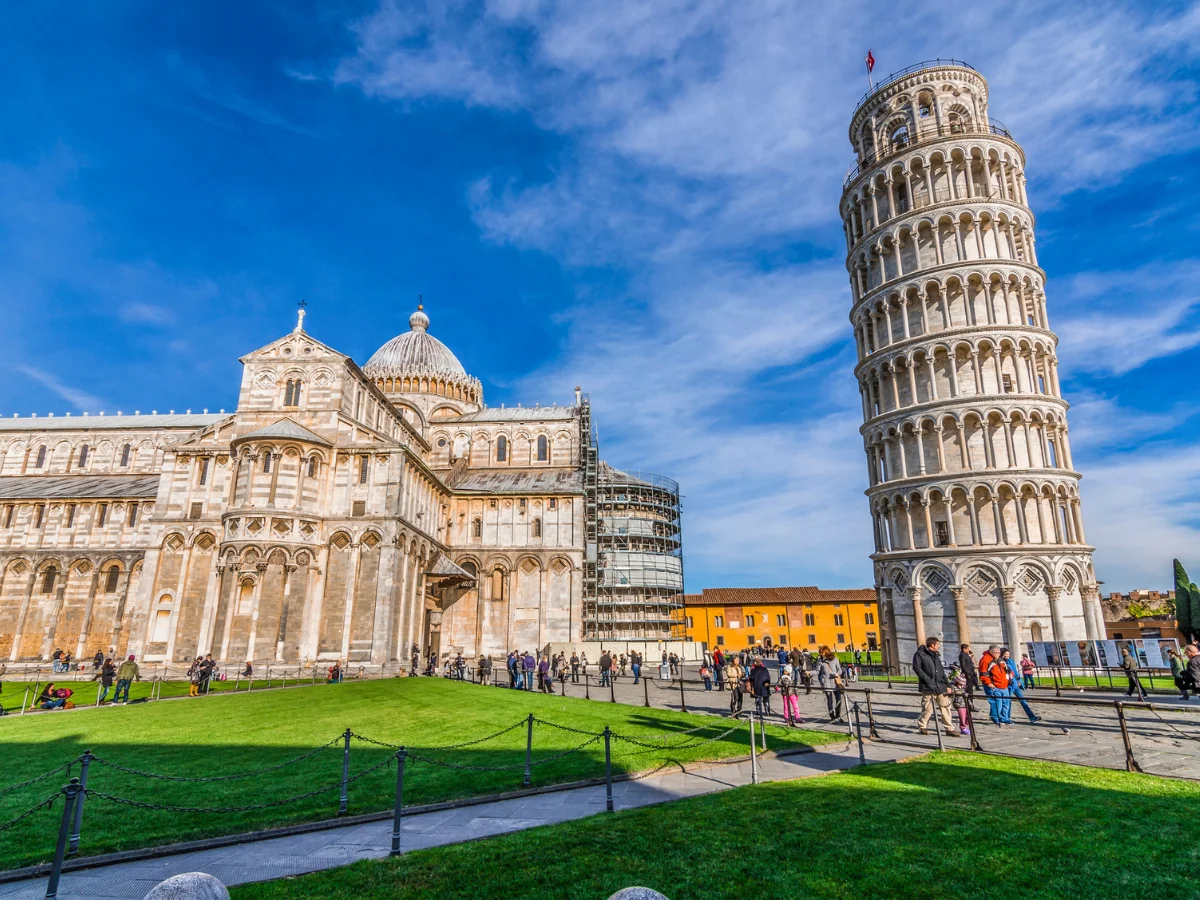Emperor Domitian was the brother of Emperor Titus
Emperor Domitian was the brother of Emperor Titus and ruled from 81 to 96 AD. His authoritarian reign was marked by repression and censorship. Domitian sponsored building projects and military campaigns but faced opposition from the Roman elite. Perceived enemies were persecuted, leading to unrest. His death in 96 AD ended the Flavian dynasty. Domitian’s legacy is one of tyranny and paranoia, underscoring the dangers of unchecked power. Despite his efforts, his reign left a lasting impact on Rome’s political landscape, shaping the empire’s trajectory in the years to come.

Emperor Domitian was the brother of Emperor Titus
Emperor Domitian, the third and final ruler of the Flavian dynasty, ascended to power in 81 AD after the assassination of his brother, Titus. His reign was marked by a complex interplay of military victories, tyrannical rule, and cultural achievements.
Early Life and Rise to Power
Born in 51 AD, Domitian was the youngest son of Vespasian, who would later become emperor. He was groomed for leadership from a young age, accompanying his father during military campaigns. Domitian’s path to power was solidified when his brother Titus, who succeeded their father, died unexpectedly, leaving Domitian as the sole heir.
Military Campaigns and Conquests
Domitian was keen on expanding the borders of the Roman Empire. He embarked on military campaigns in Germany and Dacia, securing victories that bolstered his reputation as a capable commander. Despite these successes, his aggressive tactics and thirst for glory often alienated the Senate and other influential figures.
Authoritarian Rule and Opposition
Domitian’s rule was characterized by increasing authoritarianism. He centralized power, undermining the authority of the Senate and relying heavily on his personal guard, the Praetorian Guard, for support. His policies led to growing resentment among the aristocracy, who viewed him as a despot.
Cultural Patronage and Building Projects
Despite his autocratic tendencies, Domitian was a patron of the arts and culture. He commissioned numerous building projects, including the restoration of temples and the construction of the Flavian Palace on the Palatine Hill. His reign saw a flourishing of literature and architecture, albeit overshadowed by his authoritarian rule.
The Reign of tyranny
Domitian’s constant fear and mistrust of dissent fueled a brutal era of tyranny. He actively purged those he deemed as adversaries, targeting senators and aristocrats. His harsh measures crushed any hint of political resistance, plunging the empire into a state of dread and uncertainty.
Assassination and Legacy
In 96 AD, Domitian’s reign came to a violent end when he was assassinated by court officials and members of his own household. His death marked the end of the Flavian dynasty. Despite his tyrannical rule, Domitian’s legacy is complex, with some historians highlighting his military achievements and cultural patronage, while others condemn his authoritarianism and cruelty.



